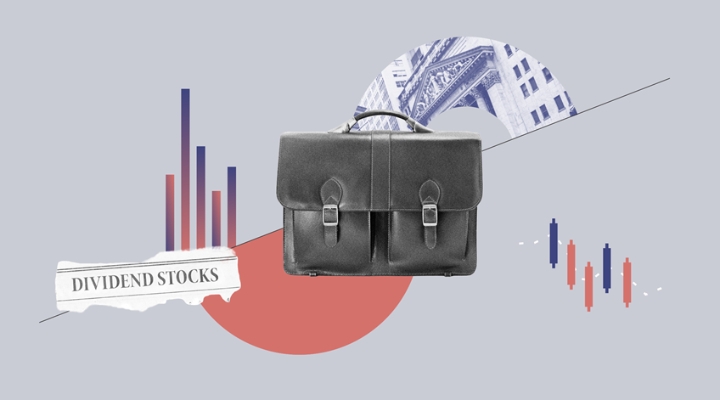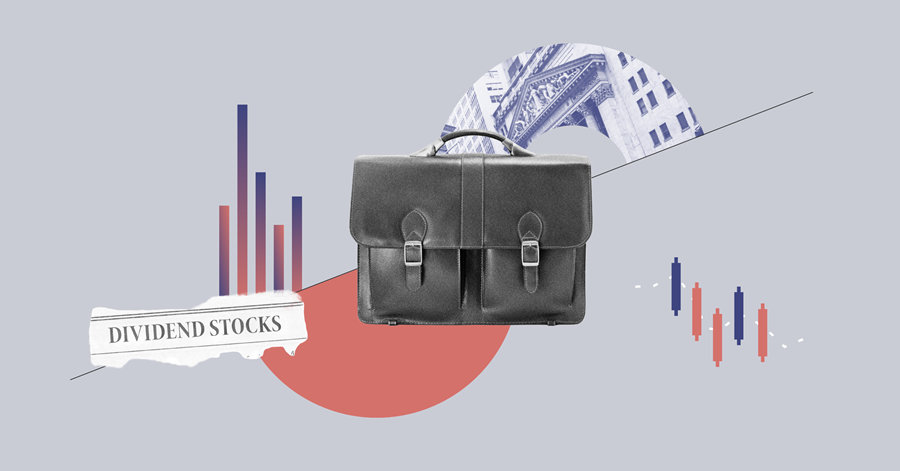
Income is back – it’s a rule of thumb in financial markets after rapid interest rate hikes. There is no doubt that bonds have become more attractive over the past year, but will they take the place of dividends in investors’ portfolios?
"In an environment of high volatility due to increased recession risks, investors often lean toward increasing portfolio allocation to bonds at the expense of equities," says Nicolò Bragazza, associate portfolio manager for Morningstar Investment Management (MIM).
"High-quality government and corporate bonds generally offer more stable returns, and they are the most conventional source of diversification in this context."
However, in 2022 we learned that the old rule of thumb (that equities and government bonds are always negatively correlated) doesn’t always hold true.
"Not all bonds are the same, so it's important to understand which ones are best suited in high volatility environment," Bragazza says.
"On one hand, high-yield bonds are most affected by volatility, as they are exposed to credit risk. On the other side, they have a lower sensitivity to interest rate risk, as their duration is lower than those of a typical government or corporate bond index."
Which Bonds Are a Good Choice for Income Investors?
"If the investor's goal is income generation, high-yield bonds can play a key role in the portfolio, but investors should be aware of risks in high volatility markets," Bragazza explains.
"Income investors should also look at emerging market debt, both in local and hard currency."
High-yield bonds are corporate debt securities that pay higher interest rates than investment-grade bonds and because they have lower credit ratings.
Emerging market bonds offer exposure to government issuers with different risk profiles in various parts of the world and can therefore offer attractive sources of income and diversification, especially when compared with developed markets.
Before investing in emerging market bonds, investors should evaluate credit and currency risks.
CoCo Bonds Are Risky Assets
Contingent convertible, or "CoCo", bonds have attracted a lot of attention recently. They were introduced to many portfolios to generate income during the past decade’s negative rate environment. They are debt instruments primarily issued by European financial institutions and have a strike price that, once breached, converts the bond into equity.
"We learned from the Credit Suisse crisis that CoCo bonds are risky assets, and investors need to understand their risk and return profiles," Bragazza says.
"Here, conventional wisdom may help us: the higher is the yield the higher is the risk, and this should be carefully weighed when constructing the portfolio."
High-yield bonds may be appropriate for investors whose goal is to generate high income, but these bonds are poor diversifiers.
"It is not unusual, especially in recessionary phases, to observe high-yield bonds losing value together with equities", says Bragazza.
"However, they can also be instrumental in maintaining a certain degree of cyclical exposure with a lower beta than that of the largest equity markets."





























